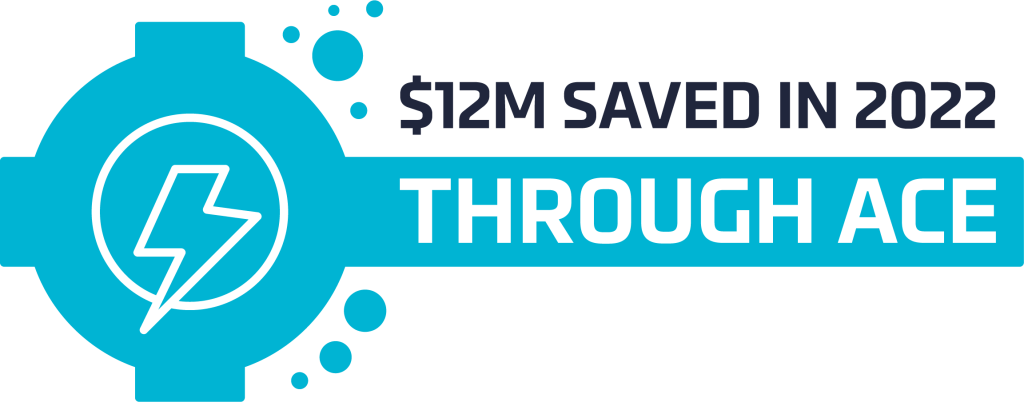ICL’s global corporate energy efficiency program, Ambition Creates Excellence (ACE), launched by the Company in 2013, promotes energy efficiency and conservation at ICL’s facilities and the development of a standard energy efficiency methodology to be applied at all of ICL’s sites. ACE’s energy efficiency projects range from Company-wide energy management and conservation methodology programs to optimization of production equipment and raising awareness of energy conservation, among ICL’s employees and contractors.
The ACE program delivers significant operational and maintenance savings, as well as quality improvements beyond its core environmental aim to reduce fuel and electricity consumption and greenhouse gas emissions.
ACE’s main energy efficiency projects implemented to date include:
- Optimizing the control and equipment usage in production processes
- Widespread adoption of variable frequency drive (VFD) technology to improve both electrical efficiency and process control
- Greater efficiency in the production of key utilities, including compressed air, vacuum, and steam
- Deployment of advanced control systems for automatic shutdown of unused equipment, and air conditioning systems
- Widespread rollout of LED lighting technologies







